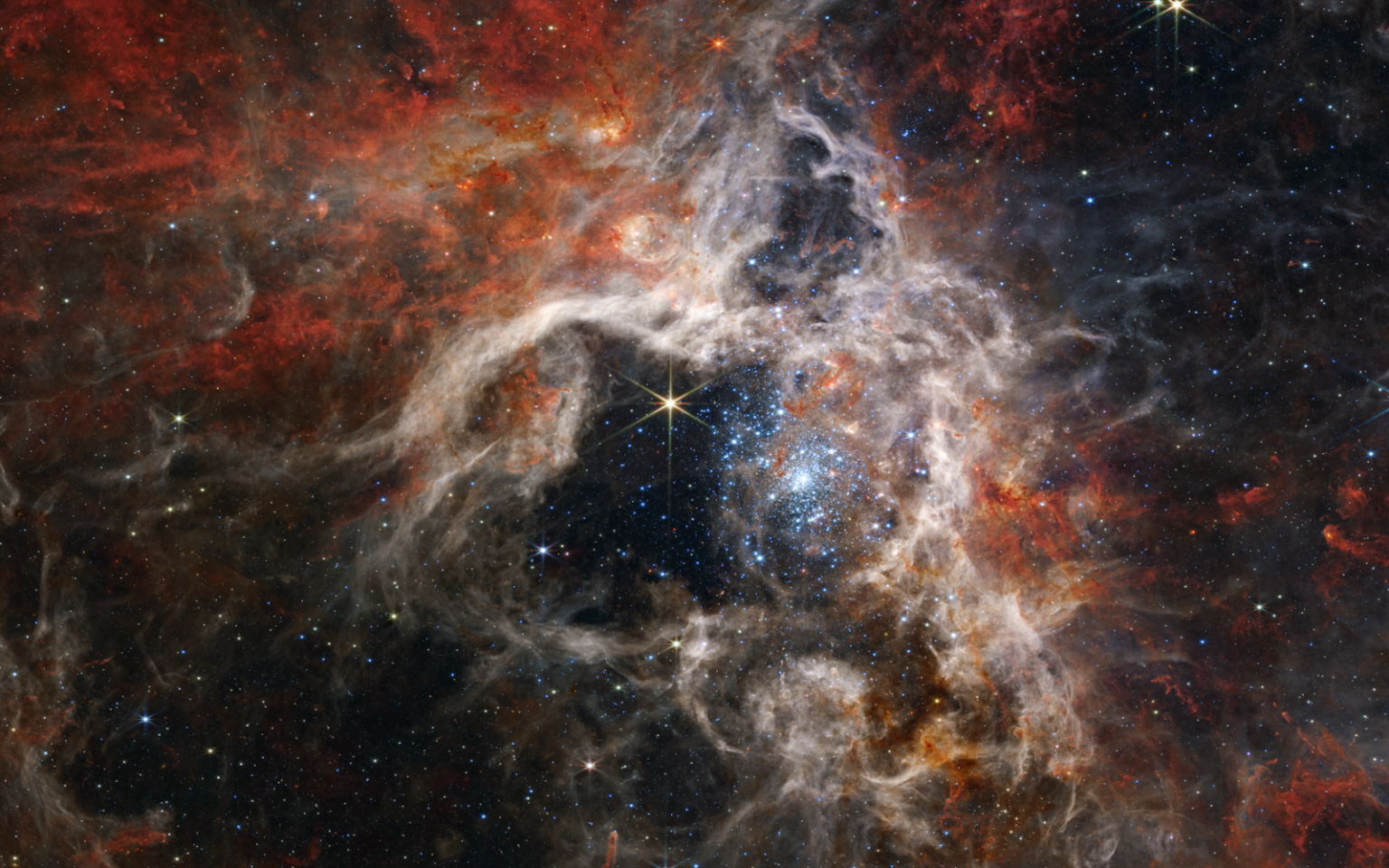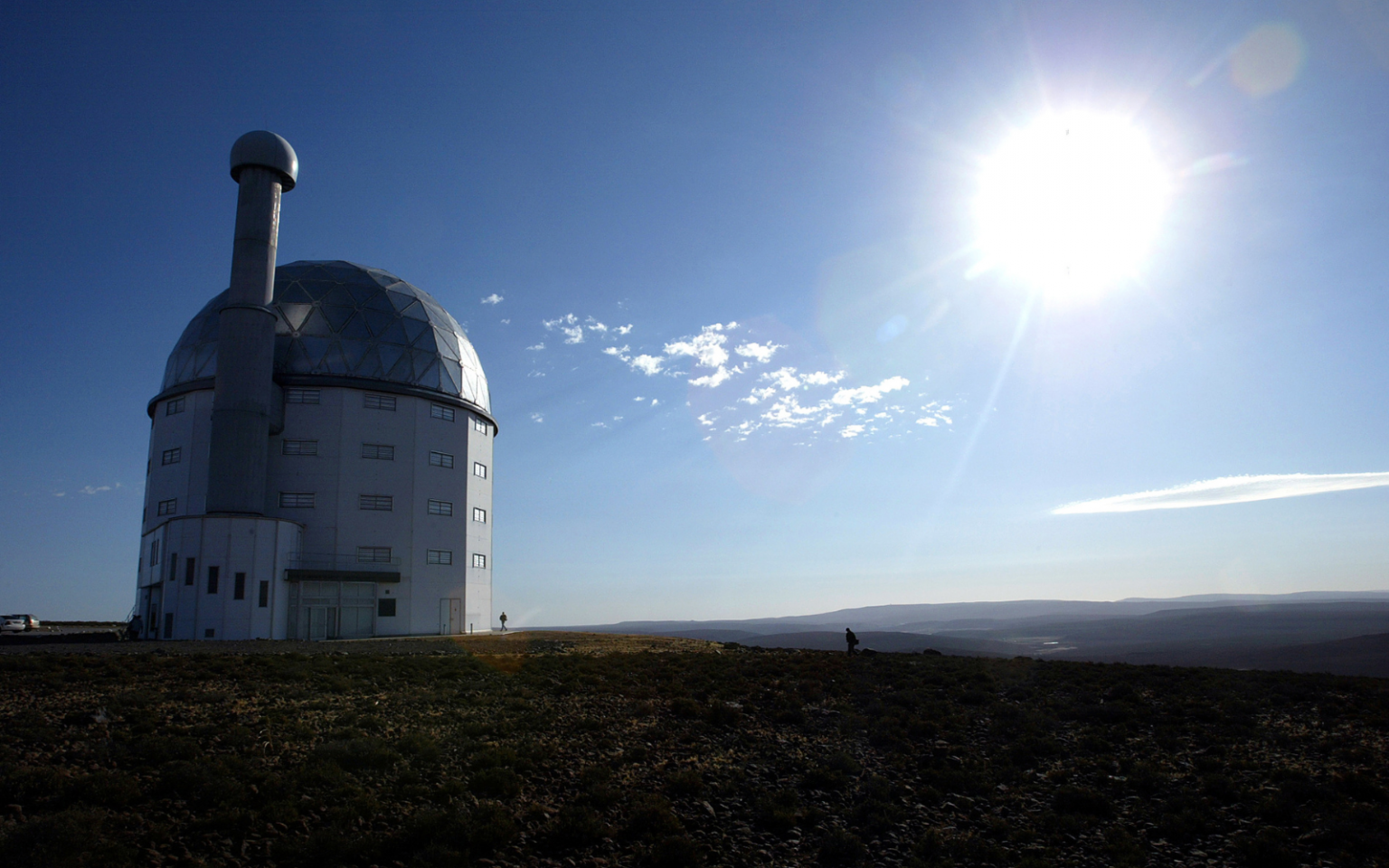The Olympic and Paralympic Games represent the pinnacle of athletic achievement, where the world’s sporting elite showcase their prowess. Modern athletes benefit from top-notch coaching, optimised nutrition and recovery strategies. Yet, some are turning to more unique methods for the competitive edge – training the brain. One brain-based approach that purports to aid performance and is gaining traction in elite sports is electroencephalographic neurofeedback. This technique involves placing small sensors on the scalp to record and display brainwaves in real time. The goal is to help athletes recognise and produce brainwave patterns that enhance focus, and relaxation, or achieve a…
Author: The Conversation
Elon Musk’s recent announcement on Twitter that “Tesla will have genuinely useful humanoid robots in low production for Tesla internal use next year” suggests that robots that have physical human-like characteristics and provide “genuinely useful” function might be with us soon. However, despite decades of trying, useful humanoid robots have remained a fiction that never seems to quite catch up with reality. Are we finally on the crux of a breakthrough? It’s relevant to question whether we really need humanoid robots at all. Tesla’s Optimus robot is just one of several emerging humanoid robots, joining the likes of Boston Dyanmic’s Atlas, Figure AI’s Figure…
Although our universe may seem stable, having existed for a whopping 13.7 billion years, several experiments suggest that it is at risk – walking on the edge of a very dangerous cliff. And it’s all down to the instability of a single fundamental particle: the Higgs boson. In new research by me and my colleagues, just accepted for publication in Physical Letters B, we show that some models of the early universe, those which involve objects called light primordial black holes, are unlikely to be right because they would have triggered the Higgs boson to end the cosmos by now. The Higgs boson is responsible…
After widespread backlash, Google pulled its “Dear Sydney” Gemini ad from Olympics coverage. The ad featured its generative AI chatbot tool, Gemini, formerly known as Bard. The advertisement featured a father and his daughter, a fan of United States Olympic track and field athlete Sydney McLaughlin-Levrone. The father, despite considering himself “pretty good with words,” uses Gemini to help his daughter to write a fan letter to Sydney, saying that when something needs to be done “just right,” Gemini is the better choice. https://youtu.be/NgtHJKn0Mck This advertisement sparked widespread backlash online about the growing role of generative AI tools and their impact on human creativity, productivity…
Shot put and pole vault now rub shoulders at the Olympic Games with sport climbing and breaking, introduced at the Tokyo and Paris Games respectively. The International Olympic Committee’s (IOC) constant efforts to reconcile Olympic traditions with the recognition of contemporary forms of sport led it to take an even bolder decision this summer: the creation of the Olympic Esports Games. This event, which is distinct from the traditional Olympic Games and will take place in Saudi Arabia from 2025 to 2037, opens the Olympic doors to a host of new competitive disciplines, most of which are still unknown to the public. We are…
Cutting-edge telescopes, gravitational waves, black holes and our solar system’s central star, the Sun, are just a few of the topics that will be on the table in Cape Town, South Africa, for an event that’s a scientific version of the Olympic Games – though the world’s leading astronomy researchers in attendance will be showcasing their brains rather than their brawn. The International Astronomical Union (IAU) was established in 1919 and held its first General Assembly in Rome, Italy, in 1922. These assemblies, held every four years, are a chance for the organisation’s members and affiliates to meet in person,…
For the first post-COVID Olympics, there are some major changes now in place at the Paris 2024 Games. First of all, there are no physical tickets for visitors. All tickets are digital, but spectators can separately purchase an additional paper souvenir ticket for their event. While this is significantly a COVID legacy, it’s also a sign of the times, as more of the Olympic Games move into the digital world. If we dig deeper, we see how the DNA of this transformation is a story about data and its expansion – and how the ability of the Olympics to grow economically…
In the world of artificial intelligence (AI), a battle is underway. On one side are companies that believe in keeping the datasets and algorithms behind their advanced software private and confidential. On the other are companies that believe in allowing the public to see what’s under the hood of their sophisticated AI models. Think of this as the battle between open- and closed-source AI. In recent weeks, Meta, the parent company of Facebook, took up the fight for open-source AI in a big way by releasing a new collection of large AI models. These include a model named Llama 3.1 405B, which…
The rapid rise of generative artificial intelligence (AI) like OpenAI’s GPT-4 has brought remarkable advancements, but it also presents significant risks. One of the most pressing issues is model collapse, a phenomenon where AI models trained on largely AI-generated content tend to degrade over time. This degradation occurs as AI models lose information about their true underlying data distribution, resulting in increasingly similar and less diverse outputs full of biases and errors. As the internet becomes flooded with real-time AI-generated content, the scarcity of new, human-generated or natural data further exacerbates this problem. Without a steady influx of diverse, high-quality data, AI…
New scientific understanding and engineering techniques have always impressed and frightened. No doubt they will continue to. OpenAI recently announced that it anticipates “superintelligence” – AI surpassing human abilities – this decade. It is accordingly building a new team, and devoting 20% of its computing resources to ensuring that the behaviour of such AI systems will be aligned with human values. It seems they don’t want rogue artificial superintelligences waging war on humanity, as in James Cameron’s 1984 science fiction thriller, The Terminator (ominously, Arnold Schwarzenegger’s Terminator is sent back in time from 2029). OpenAI is calling for top machine-learning researchers and engineers to…










